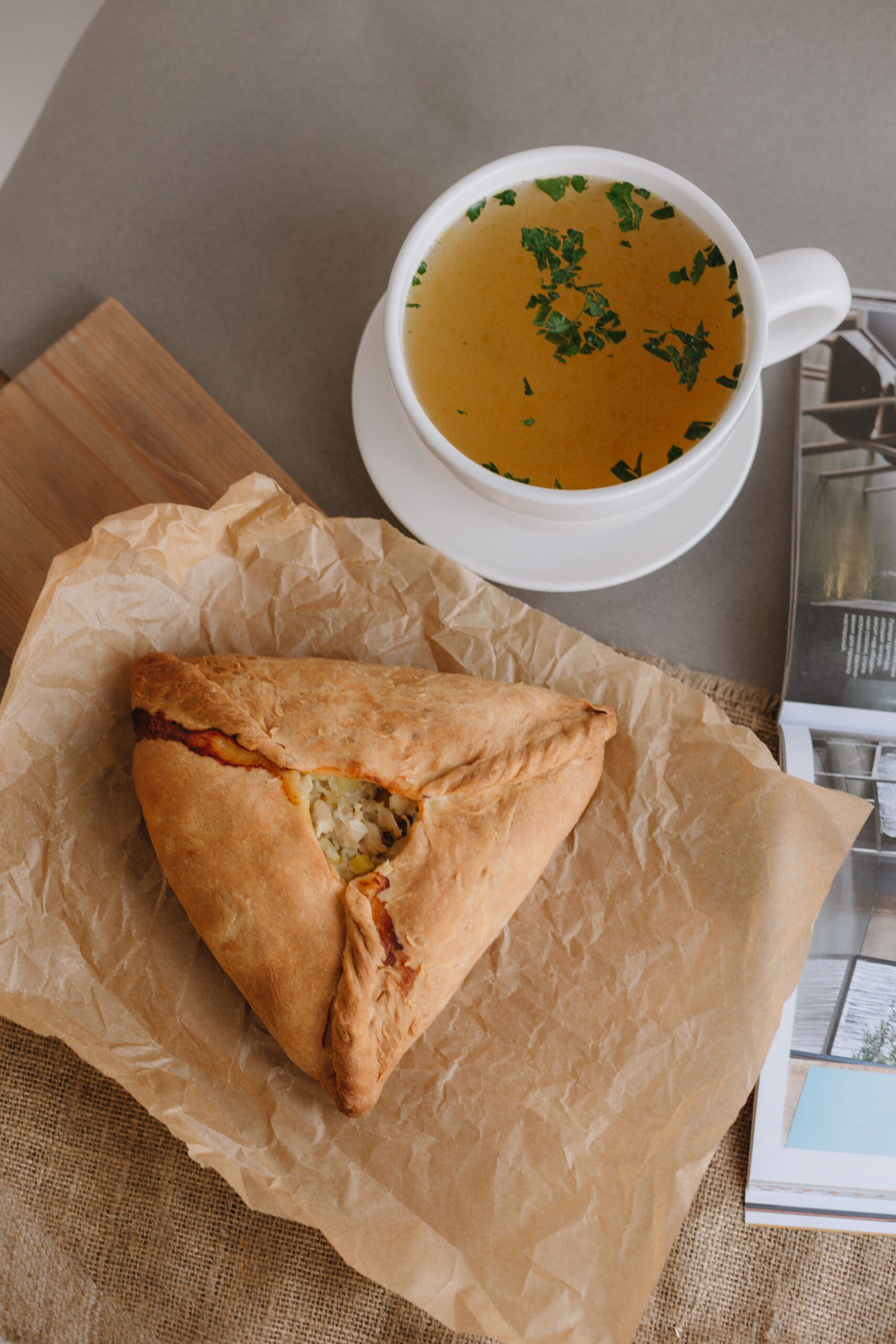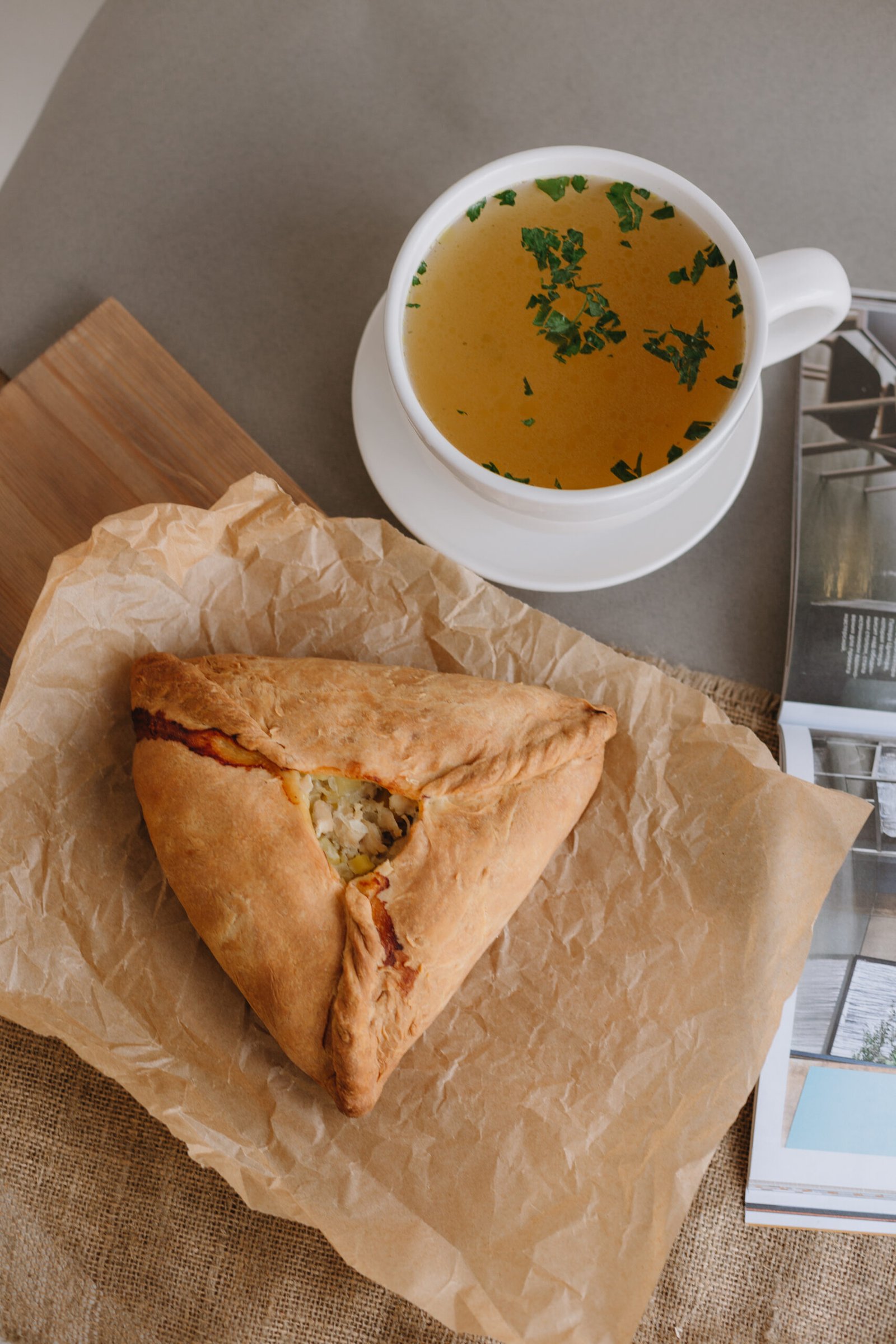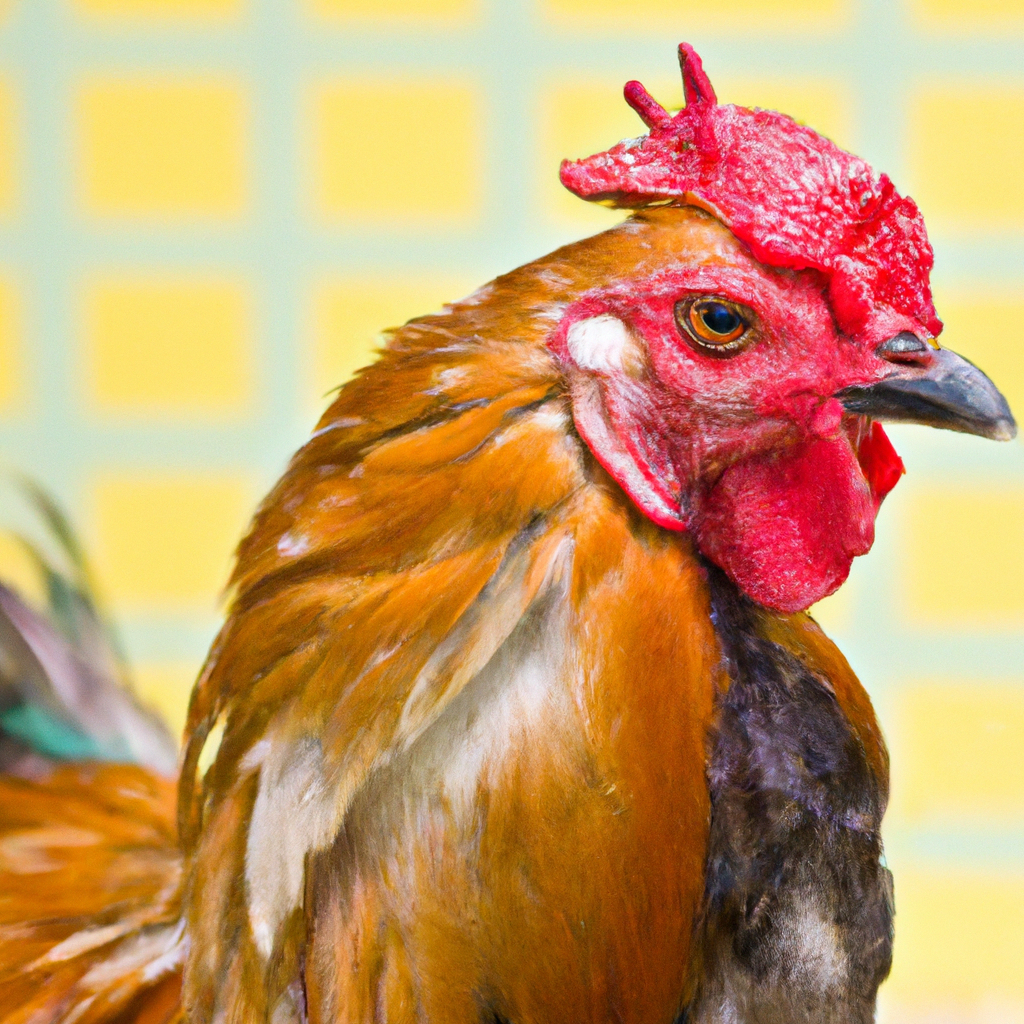
Have you ever wondered about the difference between heritage and hybrid chicken breeds? While both types of chicken breeds have their own unique characteristics, there are distinct differences between the two. Heritage chicken breeds are often referred to as traditional or heirloom breeds, known for their historic lineage and ability to adapt to their environment. On the other hand, hybrid chicken breeds are bred for specific traits such as increased egg production or fast growth. In this article, we will explore these differences in more detail and help you understand the characteristics that set these chicken breeds apart.

Heritage Chicken Breeds
Definition
Heritage chicken breeds refer to traditional breeds that have been around for many generations. These breeds have a long history and often have cultural and historical significance. They are known for their genetic purity and their ability to adapt to various environments.
History
Heritage chicken breeds have been bred for specific traits that have been valued by farmers and communities for centuries. These breeds have evolved naturally over time and have survived through generations of selective breeding. They often have deep roots in specific regions and have played an important role in the local farming and culinary traditions.
Characteristics
Heritage chicken breeds display a wide variety of characteristics. They come in different sizes, shapes, and colors, and each breed has its own unique traits. They tend to have a slower growth rate compared to hybrid breeds, and their meat is often more flavorful. Heritage chickens are known for their ability to forage, their natural resistance to diseases, and their excellent mothering instincts. They may also have special features, such as feathered feet or crests.
Advantages
There are several advantages to raising heritage chicken breeds. Firstly, these chickens are well-suited to free-range and pasture-based systems due to their ability to forage and their hardiness. They are adaptable to various climates and can thrive in different environments. Heritage chickens are also known for their superior flavor and taste, making them a favorite among chefs and consumers who appreciate high-quality poultry. Additionally, heritage breeds help preserve genetic diversity and protect the cultural heritage associated with traditional farming practices.
Disadvantages
While heritage chicken breeds have many advantages, there are also some disadvantages to consider. These chickens often have a slower growth rate compared to hybrid breeds, which may not be ideal for commercial production. They may also have lower egg production rates compared to hybrid chickens. In addition, because heritage breeds are less common and have smaller population sizes, it can sometimes be more challenging to find and purchase these birds. Furthermore, heritage chickens may require more knowledge and experience to manage effectively, as they may have different needs and behaviors compared to hybrid chickens.
Hybrid Chicken Breeds
Definition
Hybrid chicken breeds, also known as crossbreeds, are created by crossing different purebred chicken breeds. The goal of hybrid breeding is to combine desirable traits from different breeds to create a chicken that is well-suited for specific purposes, such as commercial meat or egg production.
History
Hybrid chicken breeds were developed in the 20th century as a response to the increasing demand for poultry products. Breeders started experimenting with crossbreeding different breeds to create chickens that would excel in terms of growth rate, feed efficiency, and egg production. The development of hybrid breeds revolutionized the poultry industry, as it allowed for more efficient and profitable production.
Characteristics
Hybrid chicken breeds are known for their rapid growth and high productivity. They are bred to achieve specific goals, such as fast weight gain, high egg production, or a combination of both. These chickens often have a more uniform appearance compared to heritage breeds, as they are bred for standardized characteristics desired in commercial settings. Hybrid chickens may also have a higher feed efficiency, meaning they can convert feed into meat or eggs more efficiently than heritage chickens.
Advantages
The main advantage of hybrid chicken breeds is their high productivity. They are bred for specific purposes, such as meat or egg production, and can achieve impressive results in terms of growth rate and efficiency. Hybrid chickens often reach market weight quickly and can produce a large number of eggs within a short period of time. Their uniformity in appearance and performance also makes them well-suited for large-scale commercial production. Additionally, hybrid breeds are often more readily available and easier to find for purchase.
Disadvantages
While hybrid chicken breeds have numerous advantages, there are also some disadvantages to consider. Hybrid chickens may have a shorter lifespan compared to heritage breeds, as they are bred for rapid growth and productivity rather than longevity. They may also require a more controlled environment and specific management practices to optimize their performance. In addition, some consumers and farmers prefer the taste and characteristics of heritage breeds, as they value the unique flavors and traditions associated with these chickens. Lastly, because hybrid breeds are often proprietary, farmers may have to rely on purchasing new breeding stock regularly, which can add to the costs of production.

Comparison between Heritage and Hybrid Chicken Breeds
Genetics
Heritage chicken breeds are genetically pure and have evolved naturally over time. They often have a diverse range of genetic traits, which contributes to their ability to adapt to different environments. In contrast, hybrid chicken breeds are created by crossbreeding different purebred chickens, resulting in a mix of genetic traits from the parent breeds.
Appearance
Heritage chicken breeds come in various sizes, shapes, and colors, reflecting their unique genetic heritage. They often have distinctive features, such as unique feather patterns or crests. Hybrid chicken breeds, on the other hand, are bred for standardized characteristics and tend to have a more uniform appearance.
Meat Production
Heritage chicken breeds have a slower growth rate compared to hybrids, resulting in a more flavorsome and naturally tender meat. While heritage breeds may not produce the same quantity of meat as hybrids, the quality and taste are often more highly valued. Hybrid chicken breeds are bred for rapid growth and efficient meat production, resulting in larger, more uniform birds that reach market weight quicker.
Egg Production
Heritage chicken breeds generally have a lower egg production rate compared to hybrids. However, they often lay eggs with stronger shells and have a longer laying period. Hybrid chicken breeds, especially those specifically bred for egg production, have been selected for high egg-laying rates and can produce a large number of eggs within a shorter timeframe.
Hardiness and Disease Resistance
Heritage chicken breeds are known for their hardiness and natural resistance to diseases. They have evolved over generations to adapt to different environments and are often more resilient and less prone to health issues. Hybrid chicken breeds may have varying degrees of hardiness and disease resistance, depending on the specific traits inherited from the parent breeds.
Broodiness
Heritage chicken breeds tend to have a higher tendency for broodiness, meaning they are more likely to actively incubate and care for their eggs. This broodiness can be seen as an advantage for farmers who want the hens to hatch their own chicks. Hybrid chicken breeds, especially those bred for commercial egg production, are often selected for lower broodiness to ensure continuous egg production.
Longevity
Heritage chicken breeds have the potential for a longer lifespan compared to hybrid breeds. This is because they have not been selectively bred for rapid growth or high productivity, which can sometimes result in shorter lifespans. Hybrid chicken breeds, while highly productive, may have shorter lifespans due to the intense breeding for specific traits.
Purpose of Breeding
Heritage Breeding Goals
The purpose of breeding heritage chicken breeds is primarily to preserve and continue the genetic diversity and cultural heritage associated with these traditional breeds. Breeders of heritage chickens are committed to maintaining these breeds as they were originally developed, ensuring their long-term survival and cultural significance. Heritage breeds are often bred to adhere to specific standards set by breed associations to maintain the breed’s integrity.
Hybrid Breeding Goals
The purpose of breeding hybrid chicken breeds is to create chickens that excel in specific traits desired by farmers and commercial producers. Hybrid chicken breeding focuses on maximizing growth rate, meat yield, egg production, feed efficiency, or a combination of these traits. The goal is to create a chicken that is highly productive and economically viable for large-scale production.

Breeding Process
Heritage Breeding Process
In heritage chicken breeding, the process involves carefully selecting parent birds that conform to the breed’s specific standards and exhibit desirable traits. The breeder chooses birds that possess the desired characteristics in terms of appearance, temperament, and performance. The breeding birds are then allowed to mate naturally, and the offspring are observed and evaluated for their adherence to breed standards. This process is repeated over several generations to maintain the breed’s genetic purity and preserve its characteristics.
Hybrid Breeding Process
Hybrid chicken breeding involves the deliberate crossbreeding of two or more purebred chicken breeds. The parent breeds are selected for their specific traits, such as growth rate, egg production, or disease resistance. These parent birds are crossed to produce the first-generation hybrid, known as the F1 generation. The F1 hybrid exhibits hybrid vigor or heterosis, which results in improved performance compared to the parent breeds. The F1 hybrids are then selectively bred to produce subsequent generations with consistent and enhanced traits desired by the breeders.
Conservation and Availability
Heritage Breeds Conservation
Conservation efforts for heritage chicken breeds play a crucial role in preserving genetic diversity and cultural heritage. Various organizations, breed associations, and dedicated breeders work tirelessly to maintain and promote these breeds. These efforts include maintaining breed standards, educating farmers and consumers about the importance of heritage breeds, and actively participating in breeding and conservation programs. However, due to their smaller population sizes and limited commercial demand, some heritage breeds may be at risk of extinction or becoming endangered.
Hybrid Breeds Availability
Hybrid chicken breeds are widely available due to their high demand in commercial poultry production. Hatcheries and breeders often specialize in producing and supplying hybrid breeding stock to meet the industry’s needs. The availability and accessibility of hybrid breeds make them a popular choice for commercial farmers and those seeking high productivity. However, the proprietary nature of some hybrid breeds may limit the availability of breeding stock, necessitating regular purchases or contracts with suppliers.

Costs and Profitability
Heritage Chicken Costs
The costs associated with breeding and raising heritage chicken breeds can vary depending on various factors, such as feed, housing, and veterinary care. Heritage breeds may require more space, as they are often more active and have different foraging needs compared to hybrids. Additionally, heritage breeds may have lower growth rates and egg production rates, which can affect profitability. However, heritage breeds often have a niche market with consumers willing to pay a premium for their unique qualities, which can offset some of the higher costs.
Hybrid Chicken Costs
The costs involved in breeding and raising hybrid chicken breeds can also vary depending on factors such as feed, housing, and veterinary care. Hybrid breeds may require more specific management practices and controlled environments to optimize their growth and productivity. While hybrid breeds may have higher initial costs due to the need to purchase breeding stock from specialized suppliers, their higher growth rates and productivity can lead to greater profitability in commercial production.
Profitability of Breeding
The profitability of breeding chickens, whether heritage or hybrid, depends on various factors such as market demand, production costs, and the ability to meet quality standards. Both heritage and hybrid breeds can be profitable, but the specific aims and target markets of the breeder play a significant role. Breeders of heritage chicken breeds often focus on niche markets that appreciate the unique flavors and characteristics of these chickens, allowing for premium pricing. Hybrid breeds, with their high productivity, may find profitability in larger-scale commercial production where economies of scale can be achieved.
Consumer Preferences
Taste and Flavor
Consumer preferences for taste and flavor can vary. Some consumers value the distinct flavors and textures of heritage chicken breeds, appreciating their richer and more intense taste. Heritage chickens are often praised for their robust flavor, reflecting their diverse genetic backgrounds and natural foraging diet. On the other hand, some consumers may prefer the milder and more consistent taste of hybrid chicken breeds, which are often bred for a more neutral flavor profile.
Food Safety
When it comes to food safety, both heritage and hybrid chicken breeds can meet the necessary standards if raised under appropriate conditions. Proper biosecurity measures, hygiene practices, and adherence to food safety regulations are crucial regardless of the breed. However, heritage chicken breeds, with their hardiness and natural resistance to diseases, may require less reliance on antibiotics and other medications, potentially appealing to consumers concerned about antibiotic use in agriculture.
Ethical Considerations
Ethical considerations can also influence consumer preferences when it comes to choosing between heritage and hybrid chicken breeds. Some consumers prioritize supporting the preservation of genetic diversity and cultural heritage associated with heritage breeds. They appreciate the traditional farming practices and the connection to local agricultural traditions that heritage chickens embody. Other consumers may value the high productivity and efficiency of hybrid breeds, understanding the needs of the commercial poultry industry to meet the demand for affordable poultry products.
Market Demand
Heritage Chicken Demand
Market demand for heritage chicken breeds has been growing in recent years as more consumers seek unique and flavorful poultry options. Restaurants, specialty food stores, and farmers’ markets often cater to this demand, offering heritage chickens as a gourmet option for those willing to pay a premium for their culinary experience. However, due to the smaller population sizes and slower growth rates of heritage breeds, the availability of these chickens may be limited, making them somewhat of a niche market.
Hybrid Chicken Demand
Hybrid chicken breeds dominate the market demand due to their high productivity and economic efficiency. Commercial poultry operations rely heavily on hybrid breeds to meet the consistently high demand for affordable chicken meat and eggs. The ability of hybrid breeds to rapidly reach market weight and produce a large number of eggs within a shorter timeframe makes them essential for satisfying the needs of the broader consumer market.
Conclusion
In conclusion, the difference between heritage and hybrid chicken breeds lies in their history, characteristics, breeding goals, and market demand. Heritage breeds represent traditional and culturally significant chickens that offer unique flavors, genetic diversity, and strong sustainability. Hybrid breeds, on the other hand, are bred for specific traits focused on productivity and efficiency to meet the demands of commercial poultry production. Each type of breed has its distinct advantages and disadvantages, and consumer preferences play a vital role in determining the market demand for both heritage and hybrid chickens. Ultimately, the choice of breed depends on the purpose of farming, the target market, and individual preferences of farmers and consumers.







